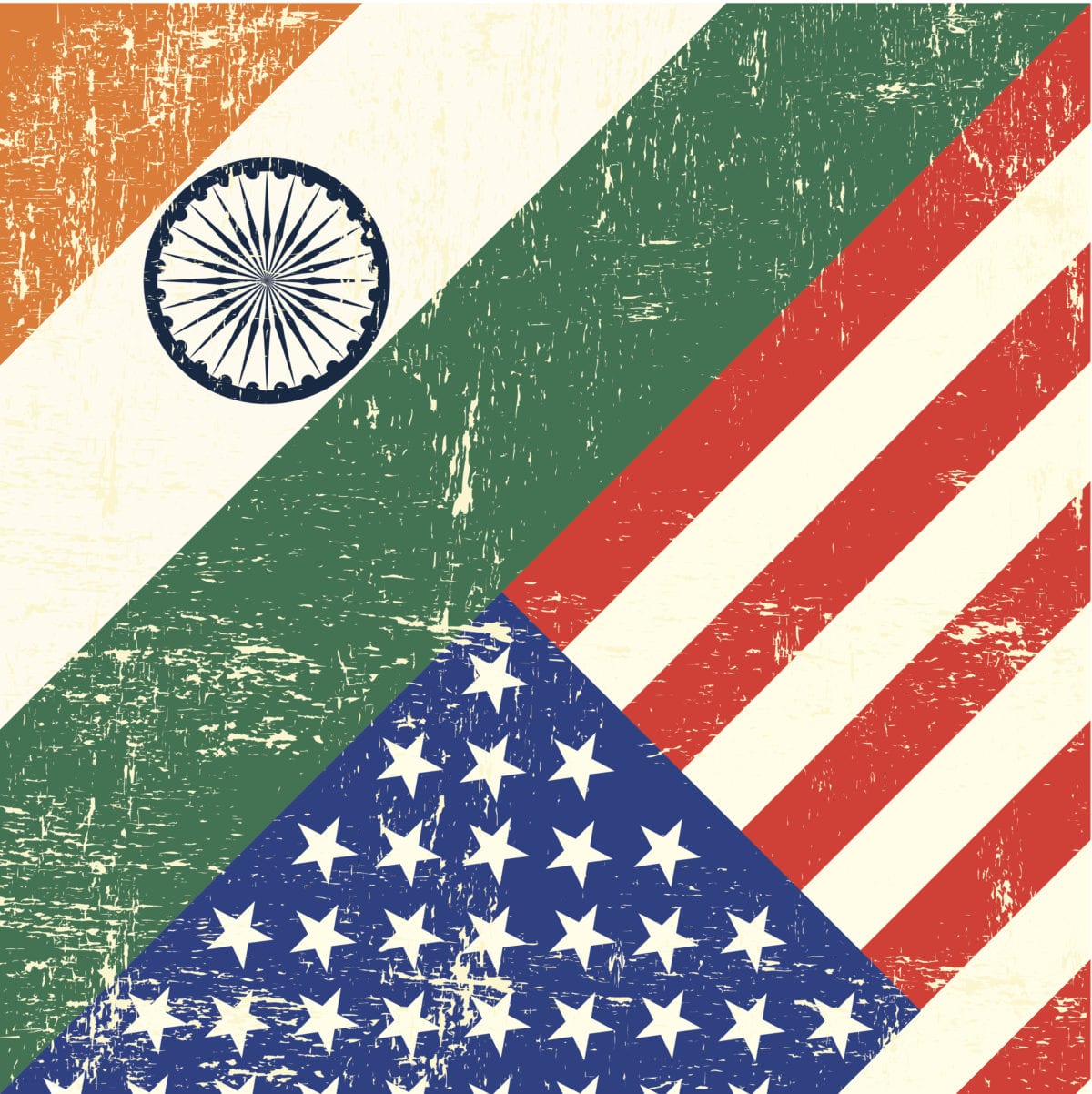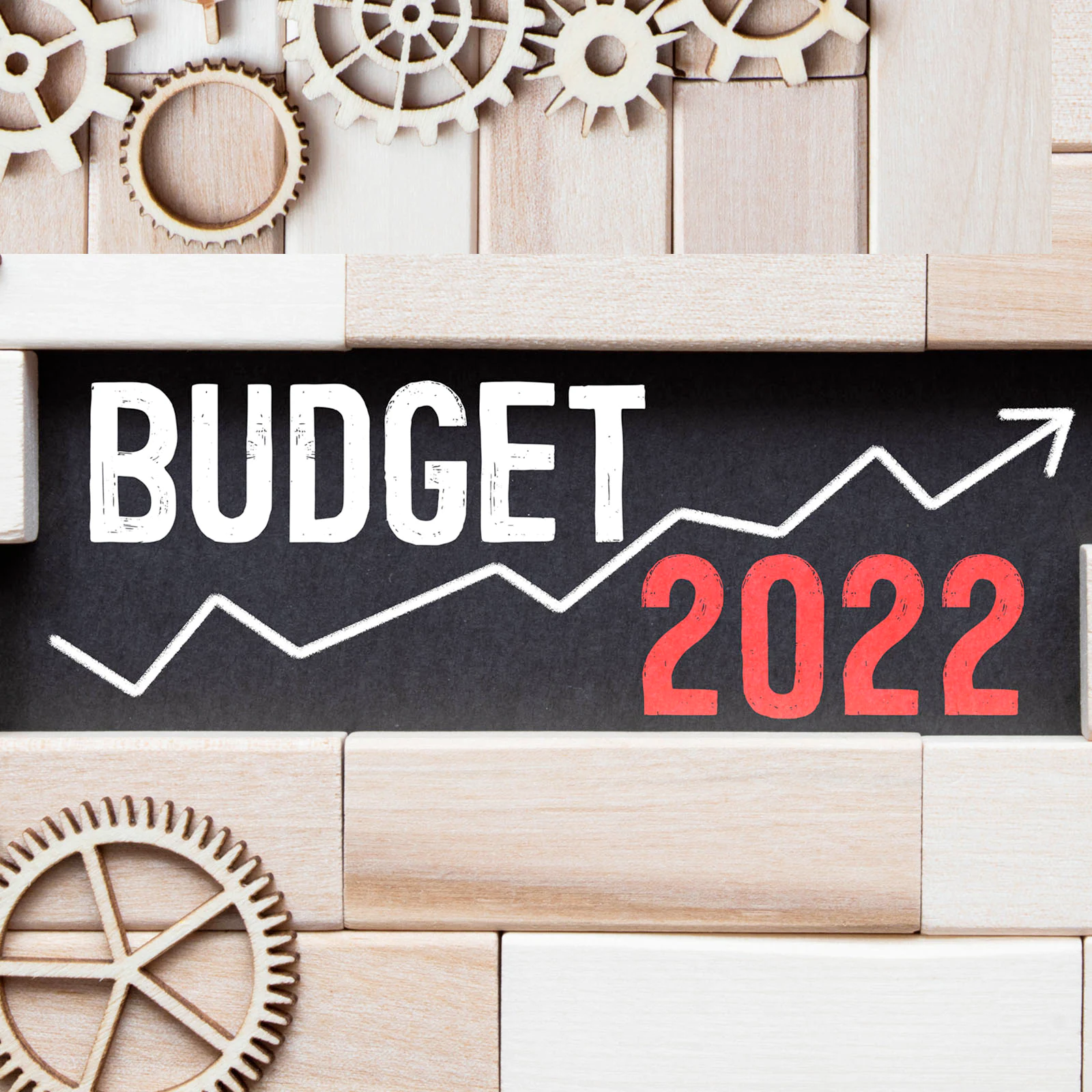I have been in awe of the US consumer industry for the past 2 decades. A quick Google search showed me that US consumer spending hit an all-time high of 12 trillion dollars in the first quarter of 2018!It is a well-known fact that Indians have money to spend. However, we continue to lack the 3 major pillars on which the American consumer industry was built. I am using my own experiences to provide examples of what those 3 pillars are.
- In-Store Credit Cards
As the sales clerk was ringing up my bill for the shirts I was buying at the Banana Republic, she tried her best to get me to sign up for the in-store credit card. She went as far as offering a 25% discount on my bill if I signed up for this credit card! In-store credit cards make a lot of sense as they would drive up the average revenue per transaction and incentivize consumers to come back to that store for future purchases i.e. drive loyalty. It is easy to decipher that the availability of in-store credit cards acted as a major catalyst for the US consumer market. In fact, over 381 million store credit cards were expected to be issued in the US in 2016, compare that to the grand total of 35.5 million credit cards in circulation as of December 2017 in India.
Why the D-marts, Big Bazaars, Flipkarts or Godrejs of the Indian ecosystem have not explored in-store credit cards is truly a mystery, especially as they must have studied the stellar success of Bajaj Finance in consumer credit. - Customer First Attitude
Some of the shirts I was buying from the Banana Republic were priced higher in the store’s computer system than what was on the tag. The store manager found that the shirts had been mistagged and she had a choice i.e. turn the customer away to preserve the store profits or take the hit and ensure customer satisfaction.
It did not take even a moment’s hesitation for her to edit the already deeply discounted price even further and ensure that the customer (me) did not leave dis-satisfied for their mistake. Giving front facing staff the authority to ensure customer satisfaction is an important quality for Indian retailers to emulate. - Consumer Conflict Resolution
America has extremely strong consumer protection laws which have increased the confidence in buying products and services in the US. However, the increase in confidence can be directly linked to the services provided by organizations like the Better Business Bureau. BBB provides ratings on businesses based on the number of complaints filed (and resolved). I have had to use BBB a few times to resolve issues with service providers during my decade-long stay in the US and each time the fear of getting a negative strike on BBB resolved the issue.
The ease with which BBB provided me protection as a customer directly reflected in my confidence to buy more products and services from new businesses and merchants, especially online.
Indian consumer courts have been doing an excellent job at protecting consumers by providing quick and effective relief to the customer along with (in many cases) exemplary compensation from the service provider. There still exists a space for a BBB type player in the market which will provide carrot and stick for merchants to resolve consumer issues.






